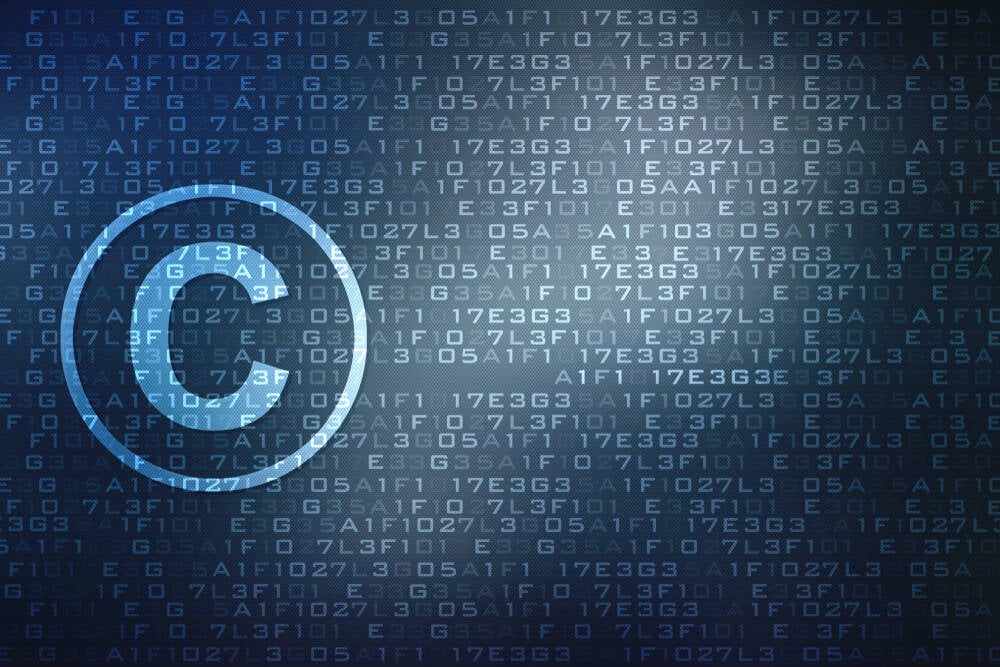
Ousted US copyright chief argues Trump did not have power to remove her
The Copyright Office Controversy: Why Blockchain-Based IP Protection Matters More Than Ever
The recent dismissal of US Copyright Office chief Shira Perlmutter has sparked intense debate about intellectual property protection in the digital age, particularly regarding AI training data and fair use. This development highlights the critical need for robust, verifiable IP protection systems that can withstand political and organizational changes.
Understanding the Controversy
Perlmutter's removal came shortly after the Copyright Office released a report challenging AI companies' use of copyrighted material for training purposes. The report concluded that widespread commercial use of copyrighted works for AI training exceeds fair use doctrine limitations - a stance that put the office at odds with powerful tech industry interests.
The Impact on IP Protection
This situation raises serious concerns about:
- The stability of copyright protection frameworks
- The need for independent verification of IP ownership
- The importance of establishing clear timestamps for IP creation
- The vulnerability of traditional IP protection systems to institutional changes
Why Blockchain Matters in IP Protection
While traditional IP protection relies heavily on centralized authorities, blockchain technology offers a decentralized alternative that remains constant regardless of administrative changes. Blockchain-based IP protection systems provide:
- Immutable Record-Keeping: Every IP registration is permanently recorded and cannot be altered retroactively
- Timestamp Verification: Precise, tamper-proof documentation of when IP was first registered
- Decentralized Authority: Protection that doesn't depend on single points of failure or individual decision-makers
Strengthening IP Protection Through Technology
Modern IP holders need protection systems that transcend traditional institutional boundaries. Blockchain certification creates an unbreakable chain of evidence that proves:
- Original ownership
- First use dates
- Modification history
- Usage rights
The technology's distributed nature means that even if regulatory bodies undergo leadership changes or policy shifts, the core proof of IP ownership remains intact and verifiable.
Practical Applications
Consider how blockchain-based IP protection could have provided additional security in situations similar to the Copyright Office controversy:
- Immediate verification of publication dates for copyright claims
- Tamper-proof documentation of fair use parameters
- Permanent records of IP ownership independent of administrative changes
- Transparent history of IP modifications and transfers
Building a More Secure Future for IP
As the digital landscape becomes more complex, particularly with AI-related challenges, IP protection must evolve. Blockchain technology offers the security, transparency, and permanence needed to protect intellectual property in an increasingly uncertain environment.
Take Action
Don't wait for institutional changes to impact your IP protection. Explore blockchain-based solutions that provide immediate, verifiable proof of your intellectual property rights. The future of IP protection lies in technology that remains constant even when institutions change.